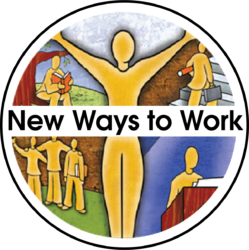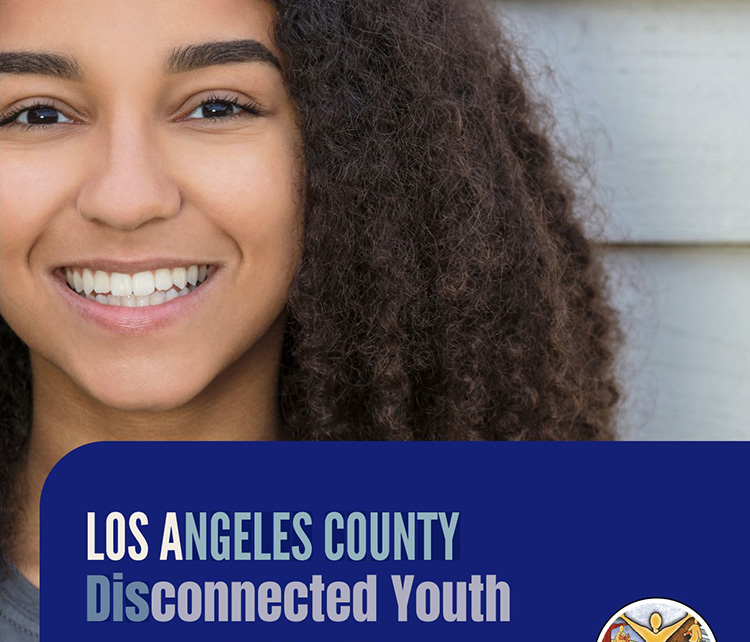According to the latest American Community Service data, there are over 143,000 young people ages 16-24 in Los Angeles County who are disconnected from school and work. This represents 25,000 more than the start of the 2019 COVID epidemic.
The recovery of young people returning to school and work has slowly improved since last year, but there is significant work that needs to be done in Los Angeles, and throughout the country. Since nearly one out of three disconnected youth in California live in Los Angeles County, it is imperative Los Angeles County policy and community leaders continue to invest in this population to create the opportunities needed for them to re-engage in school and work.
The upcoming fiscal challenges of the state, county and local governments should not mean any retrenchment of current investments.
Our young adult community voice and their dreams and needs must be heard. We need to continue the public and private investments into their future and continue our strive to enhance our collective programs and services. Each of the 143,000 young adults who are disconnected must be given to the opportunity to engage and succeed!
This brief paper serves as an update to the 2020 Los Angeles County Disconnected or (Opportunity) Youth report. One of the most important steps in helping Los Angeles County’s disconnected teens and young adults is understanding who and where they are. For this reason, we provided a high- level summary of just this type of information. It is our hope that these data be used to spark discussion, initiate action, inform policy, and generally make data-driven decisions that optimize the chances of success for as many youth as possible.
Please use the fullscreen toggle button to eliminate visual artifacts in the flipbook.


